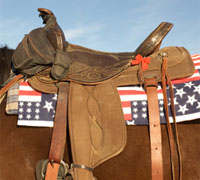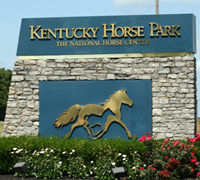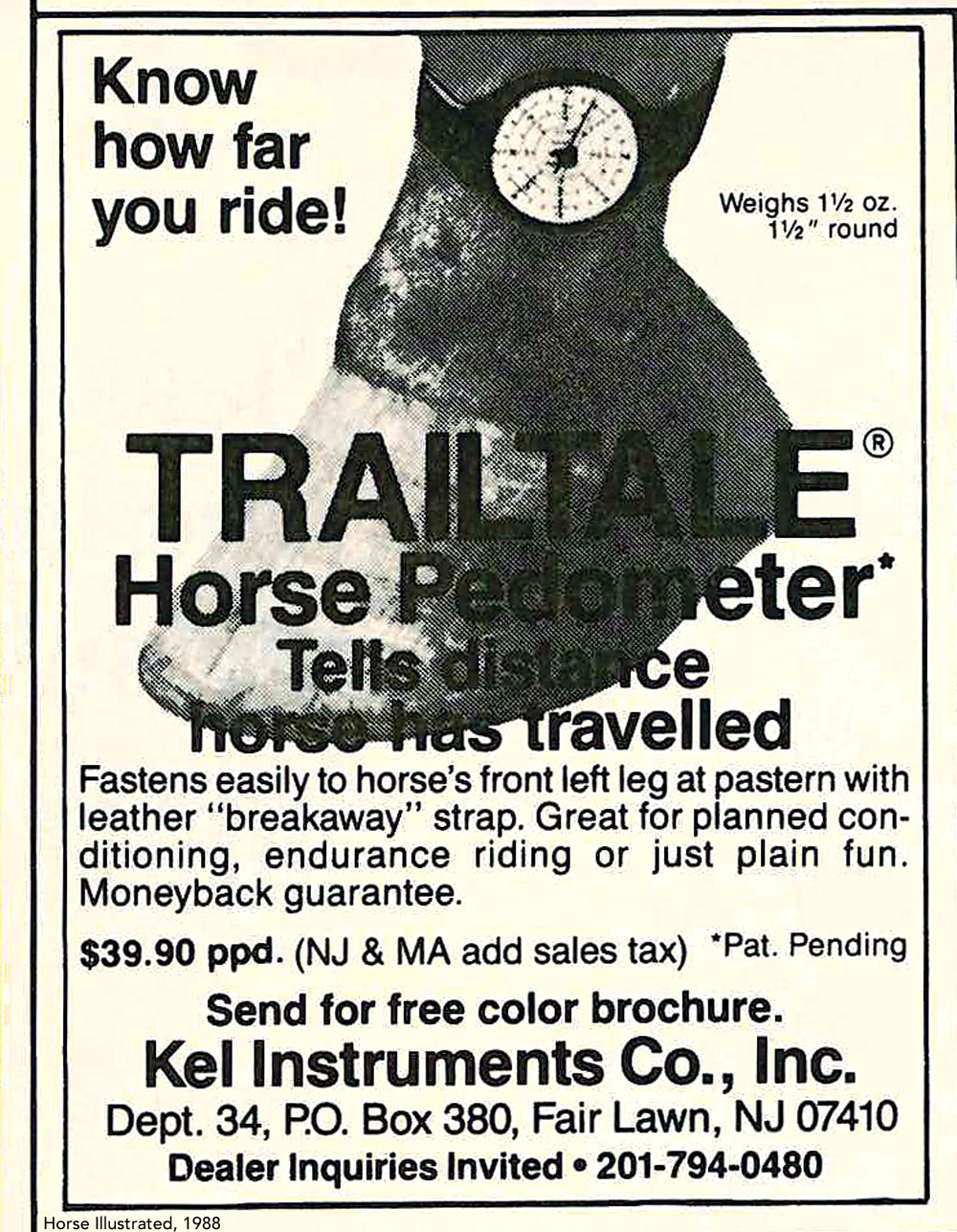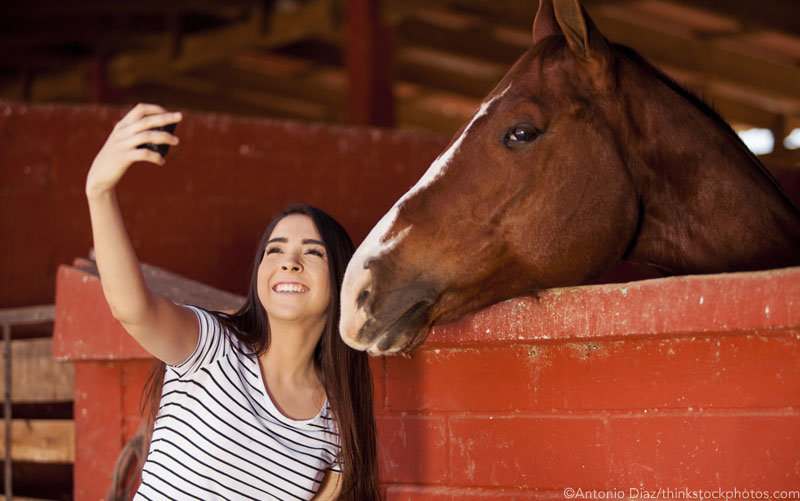 Horses have been an integral part of warfare around the
Horses have been an integral part of warfare around the
world for most of history. Today, few horses are seen on the battlefield, but
they still have a role to play in the modern military structure.
Soldiers who return from combat with injuries or mental
trauma can benefit from equine-assisted therapy. Several therapeutic riding
centers offer programs designed specifically for veterans through the
Professional Association of Therapeutic Horsemanship International’s (PATH
Intl., formerly NARHA) Horses for Heroes program.
The mission of Horses for Heroes is to assist veterans
through the services of PATH Intl. members. PATH Intl. connects with veterans
directly and through the Department of Veterans Affairs. All veterans, whether
they have recently returned from active duty or have been out of the service
for years, can benefit from the Horses for Heroes program.
Equine-assisted activities and therapies (EAAT) have been
shown to help improve riders with a wide variety of physical ailments and
injuries as well as emotional and mental disabilities. Here are some of the ways
that EAAT can help veterans, according to PATH, Intl.
- Emotional/Mental Trauma: “EEAT can contribute to increased
self awareness, self esteem, emotional bonding and appropriate self-expression.
Team building and trust are one of the many activities that help to assist in
mental and emotional growth.” - Brain Injuries: “Programs often see behavioral changes in
riders improve from inappropriate responses to controlled and considered
responses. The movement of the horse provides increased muscle tone and balance
and riding skills can contribute to speech, sequencing and short term memory
improvement” - Spinal Cord Injuries and Amputations: Riding helps improve
balance, increase muscle strength and improve body awareness.
To learn more about the Horses for Heroes program and to
find PATH Intl. centers offering veterans’ programs, visit www.pathintl.org






Horses for Heroes sounds like a wonderful program.
Interesting about the brain injuries. I’ve had three this year, two from riding. I would hope that my horse would help improve brain function and not damage it.
ok so im interested in becomming equine therapest as a nurse who works with mentaly and phyiscal challenged childeren who also trains horses i want to open my own therapy facility also i want to open a camp for all ages to who have mental disorders like bi-polar,atisum,adhd and troubled teens. ive started working with my son step-son and nefew which seems to help them all working with the horses. its wounderful to see the differance in the boys, but i want to help more people and their families plus combinded my two passions together. if anyone has any info. or sujections let me know
Horses are well-known for their value in therapies. I have High-functioning Autism (aka Asperger’s) and my horse has been very beneficial in my therapy. I have some PTSD from other events in my life, and again, there is my horse who helps me. He challenges me just enough to keep my on my toes, but not to squash my confidence or make me fearful. I could have purchased a quieter, calmer horse, but I don’t think I would have come as far as I have in self-confidence and expression if it wasn’t for my horse. The best part is my communication for non-verbal has improved immensely – even though horses and humans are different, the body language is similar – sometimes, and I’m able to pick up on body language better than before.
I think helping veterans with horses is a great idea – my boy and I would be willing to help – where do we sign up?